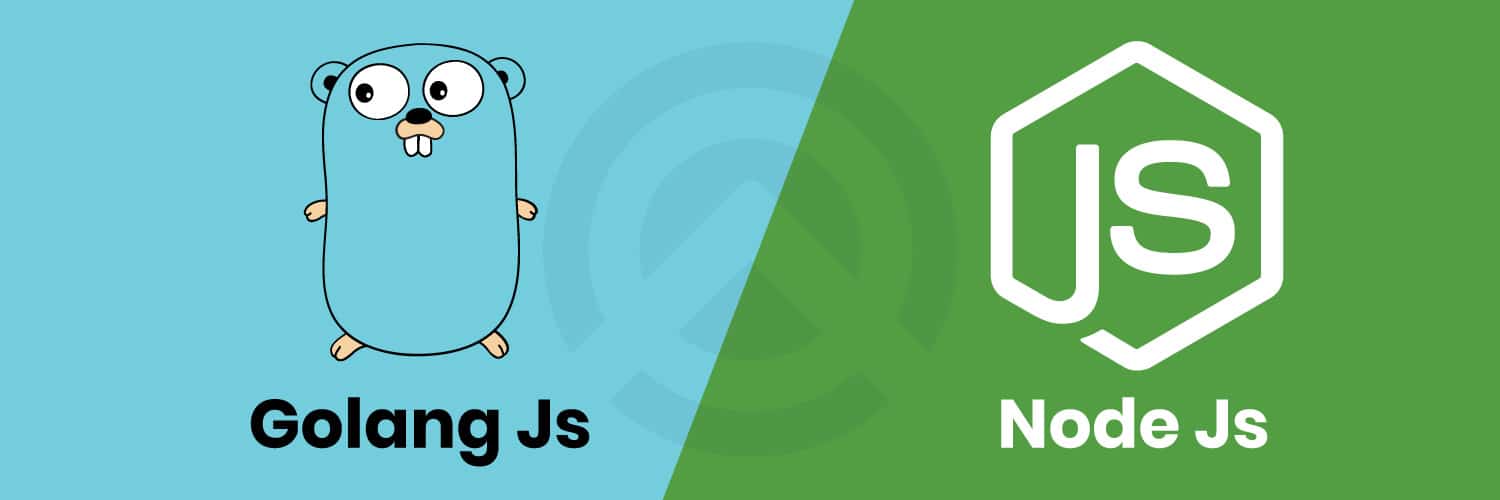Have you ever think what makes an app successful? How apps like Facebook, Twitter, Instagram, Whatsapp were a big hit? You may think of the attractive user interface and interactive user experience, and yes it is somewhat close. But the real or core thing that is responsible for the success of your app in a long term is the backend, which drives all the actions and functions of the app and is the real show stopper of these applications.
It is highly important to choose the right backend technology for your mobile application. It should be highly effective as well as scalable. Since there are a plethora of programming languages available to choose, it becomes quite difficult which is the right programming language for your requirements. Every language has its own pros and cons.
Henceforth, in this blog, we are going to compare the two most popular programming languages for backend development of a mobile app. These are Node.js and Golang. Both Node.js and Golang are evolving and have already proved their worth for different projects. Let’s begin.
What is Node.js?
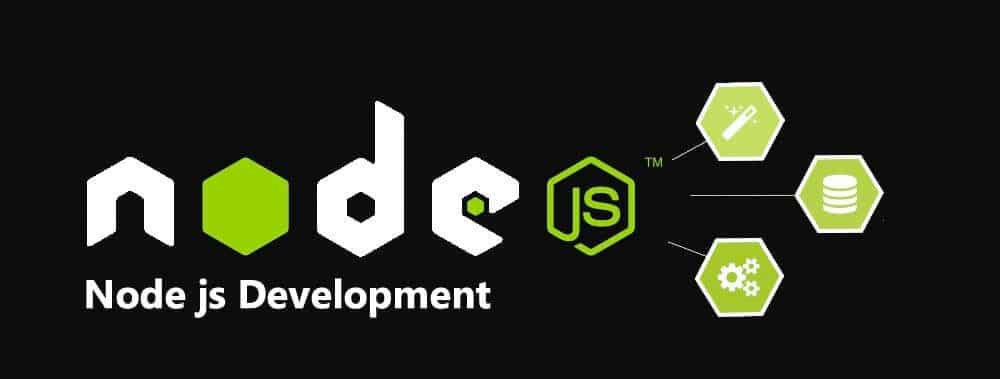
Node.js language is written in the existing JavaScript language. It was introduced in 2009 and was built on Google Chrome. It is open-source with the server-side run environment. If the project is of cross-platform app development then it has been one of the most preferred choices for developers. It is also event-driven, comes with non-blocking I/O model design, and is most recommended for developing highly scalable server-side applications.
Regarding the mobile application development, it makes easy the task of writing server-side and client-side scripts for mobile application developers, by using a single language. It also comes with support from Linux, Unix, Windows, Mac, and is packed with open-source JavaScript libraries.
Features of Node.js
Multi-threaded: There are non-blocking features which are responsible for all callbacks are designated to the occasion circle and they can be executed by different strings.
Asynchronous Event handling: The API in the Node.js library are asynchronous i.e. non-blocking. It means that Node.js server isn’t dependent on an API for its response. The server will move to the API to call it and there is a noticeable component of Events of Node.js which pushes the server to get feedback from the past API calls.
Object-oriented: Node.js is written in JavaScript hence it is object-oriented.
2-way binding: Node.js framework was the first one to implement 2-way data binding. Socket IO module can develop this Real-time client-server communication applications.
Advantages of Choosing Node.js
1. Robust Tech Stack
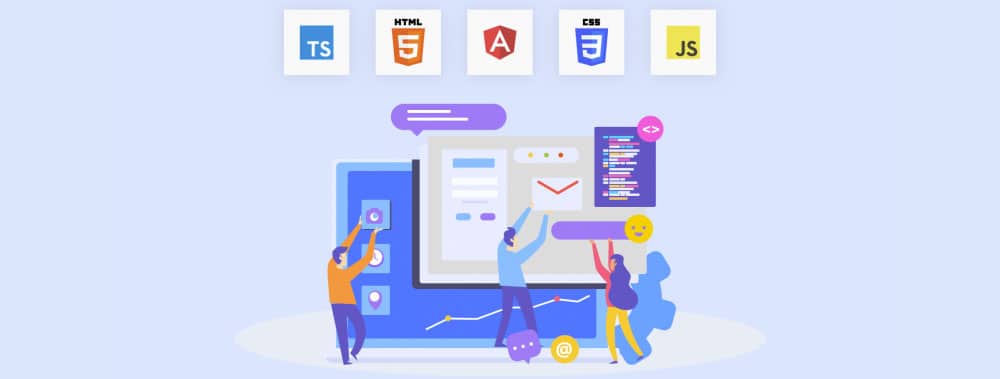
Node.js is widely renowned as a standalone name in server-side development industry which can work in both frontend and backend. Due to this reason, it is attracting to the application developers as they get a better developing environment with higher efficiency. Node.js is also very reliable and gives the opportunity to reuse the existing code.
2. Event Model with Fast Processing
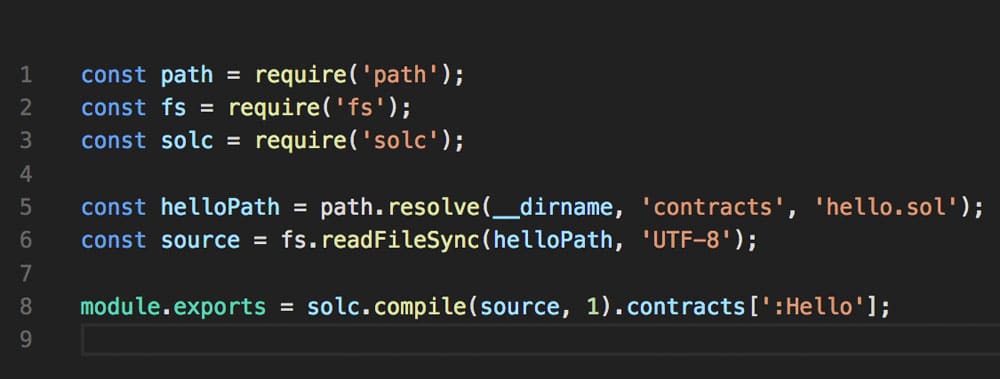
Node.js framework uses V8 virtual machines for JS execution. It has just in time compilation mechanism. The framework can easily compile the source code into machine code at runtime, which results in faster execution speed.
The developers can design event-based, real-time applications due to synchronization by using the same language at both client & server-side.
3. Caching

Node.js comes with the availability of caching the single modules. So, whenever there is a request for the first module, it is cached in the app memory real-time. So the backend developers don’t need to re-execute the code. This caching mechanism helps the app to load pages and respond to requests swiftly and in a fast manner.
4. Real-time Data Streaming
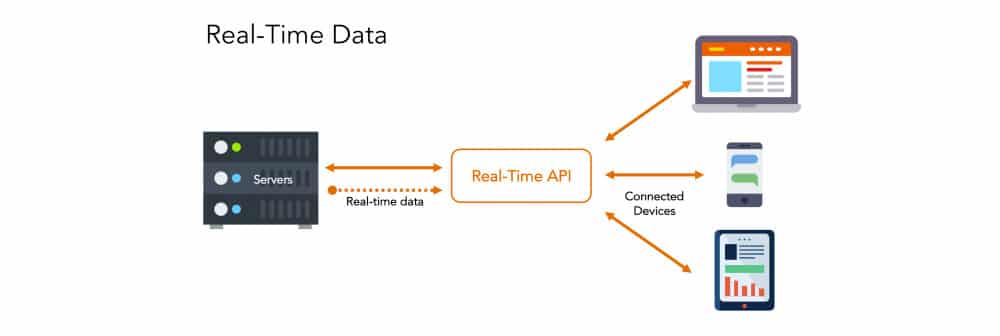
There is an option of non-blocking I/O systems in Node.js which is useful for the mobile application developers for processing numerous requests at the same time which results in a better outcome.
5. Extensible
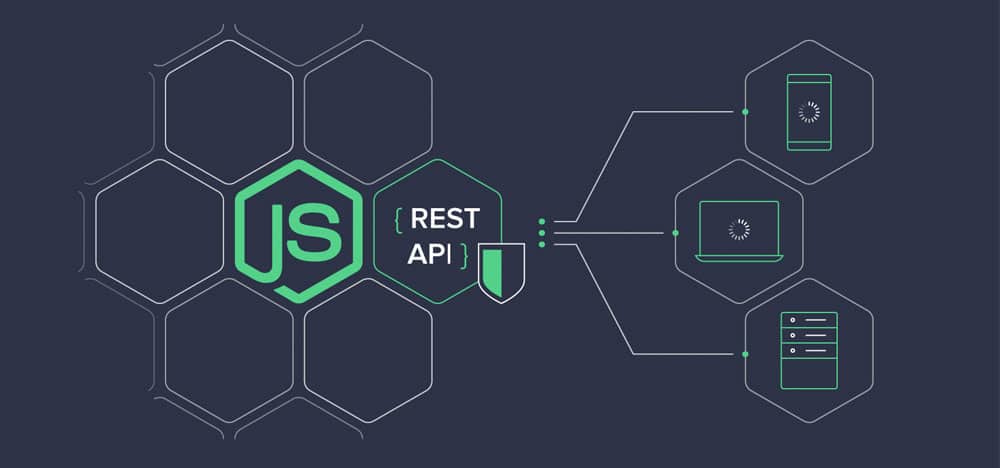
Another benefit of using Node.js for your app development is that it is highly extensible. It means you can customize your mobile application and extend the Node.js as per requirements. You can use JSON for exchanging data among client and server, or you can build HTTP, DNS, TCP, etc. servers using the built-in APIs available with Node.js environment.
6. Bigger Ecosystem

There are more than 836,000 libraries and more than 10,000 published every week in its npm registry. And you should realize that every modern application use npm modules. This makes the Node.js a very bigger ecosystem.
7. Support from big corporates
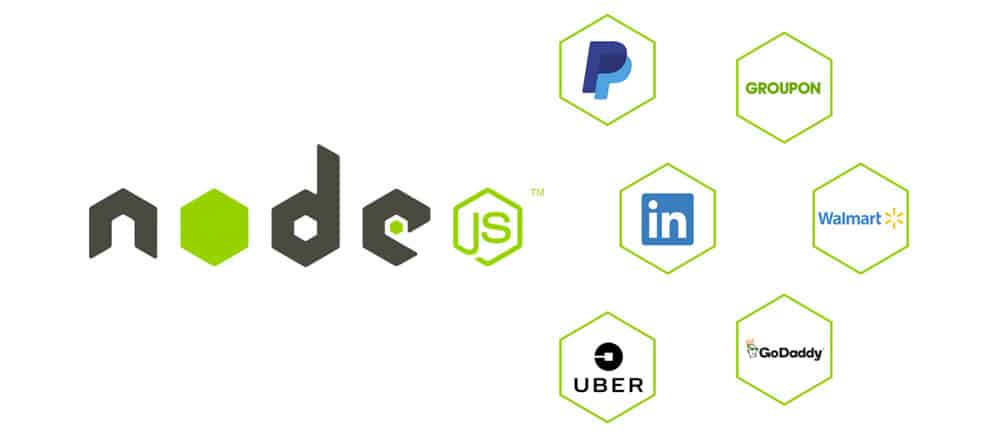
The founding members of Node.js were IBM, Microsoft, Fidelity, SAP, and Paypal. They validate how it can be a big corporate support.
What is Golang?
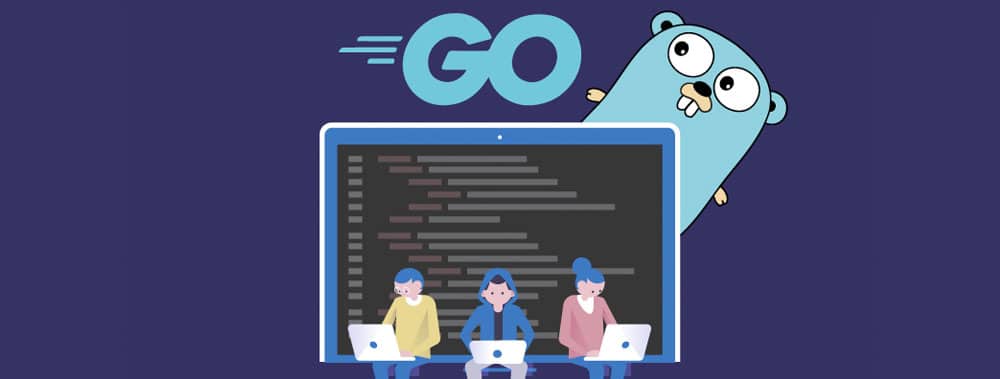
In 2007, Google launched its product Golang. It got popularity as it was open-source, multi-purpose, statically-typed. Golang language is an amalgam of C/C++ security & performance plus the speed of Python.
It can easily handle concurrent programming and is often suggested by the developers for garbage collection handlings, memory safety, and dynamic interfaces. Golang is appropriate for cloud-based applications, real-time applications, networking and microservices applications.
Golang Features
Fast: There is compiled machine code in the Golang plus the programs which are written in Golang get compiled fast.
Standard Library: There are packages, built-in functions, web server along with manipulating raw bytes and also cryptography.
Testing support: There is a built-in standard library which can help in faster execution.
Garbage collection: As mentioned above, the garbage collected objects are dynamically allocated while using arithmetic pointers.
Advantages of using Golang
1. Easy and Faster Development

The first benefit of Golang is that it provides ease and speed in the whole development process. The syntax is quite simple based upon certain functions. There are no classes and inheritance. So the developers can quickly launch the app in the market.
2. Clean Coding

There is strict typization in the Golang language which makes it necessary for mobile application developers to give utmost attention to the code and make sure that the written codes are accurate. This initially seems a hassle but ultimately it becomes developers habit to write a clean code.
3 .Garbage Collection
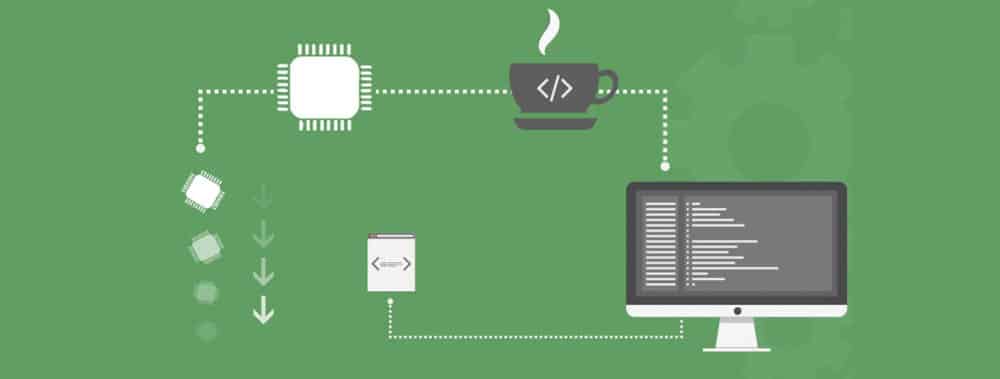
It wouldn’t be wrong to say that garbage collection is the USP of Golang. It is also called automatic memory management. Garbage collection has lower down its latency to less than 1ms by operating concurrently with different programs and employing a tricolour mark-and-sweep algorithm.
4. Scalability
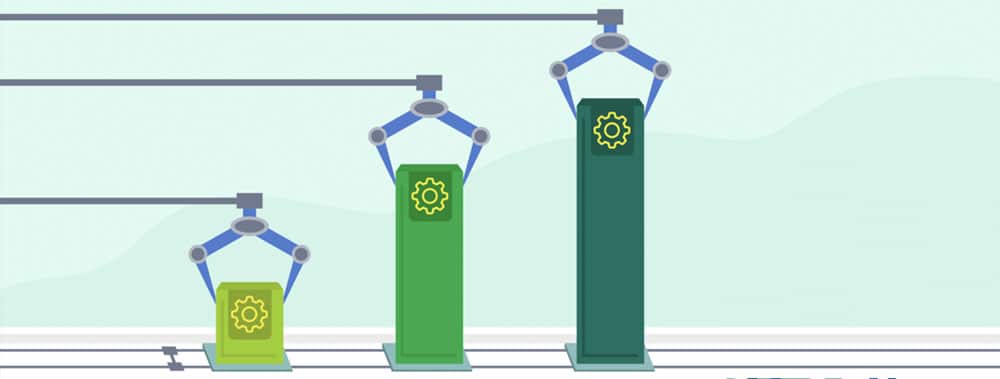
As like the Node.js, Golang is also highly scalable in nature. The developers can manage sub-tasks simultaneously especially channels and goroutines.
5. Cross-compiling
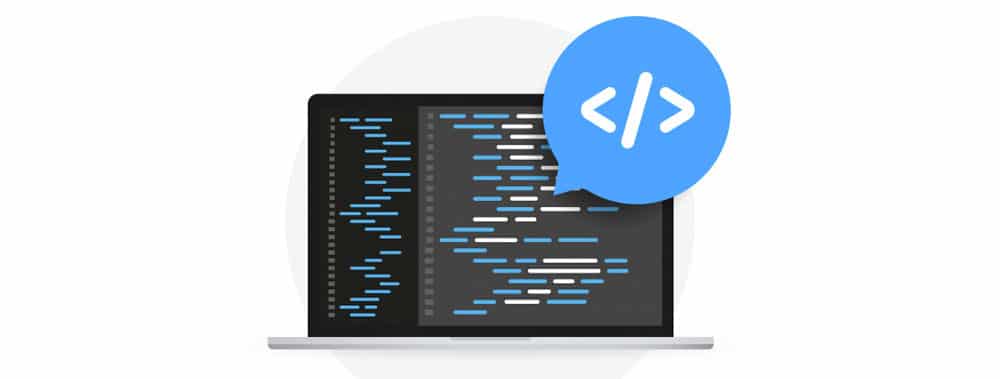
Last but not least, cross-compilation is another feature of Go which makes it the best choice for server-side development. The developers can generate binaries which can be executed on different OS by simple commands. So ultimately, they can cross-compile the source code and run on multiple machines without installing.
Read more: Top 13 Reasons to Choose Node.Js for Tech Solutions
How to choose Golang or Node.js for your next app development?
There are some factors which you have to consider before choosing the framework for your app backend development. These are:
Regarding the performance of Go & Node.js, Go is heading this race as it comes with lower app loading and response time. It is due to JS, the language on which Node.js is written, takes more time for execution in comparison to the Go which is pretty fast for code execution. Go has also better memory-bound tasks and raw CPU performance.
2. Scalability & Concurrency
Node.js is a single-threaded platform in which the instructions gets execute in a sequence. It apparently seems a nice practice but is more challenging for developers during the development of large applications which have high scalability and needs to execute multiple processes in parallel.
However, Go have more concurrency options that JS and it helps developers to work with multiple threads with no high RAM consumption. Hence, Go is better in terms of concurrency.
3. Deployment
In terms of deployment, Go is considered to be a better option in comparison to Node.js. The reason is, Node.js requires NPM on the server or pull-down project code with pm2. But in Go, there is no need for any locale. Hence, the developers go to Go regarding deployment.
4. Maturity
Both Node.js and Go came in the market in the same year but Go is more decent and mature for mobile app development. This is because Node.js operates with several APIs that goes under continuous changes.
5. Learning Curve
Node.js is easy to learn by developers in comparison to the Go. The reason is Node.js relies on JavaScript which makes it easier to learn and initiating a developing solution in Node.js environment. On the other hand, you need to learn some basic rules, processes, pointers, and programming concepts before working with Go.
6. Error Handling
In the battle or Error handing between Golang & Node.js, there is no win or no loss. Both give optimal solutions. While Node.js comes with “try..catch” technique, in which the errors are caught instantly, Go has explicit error handling where the code flows in a uniform manner.
Node.js has a huge and vibrant open-source community of developers with thousands of contributors while the Golang has a smaller community. This makes Node.js better for the developers.
Last but not least, Node.js heads the point of developer tools with thousands of ready-made solutions. For e.g. there are more than 800,000 built-in building blocks in NPM on Node.js environment. Go comes with a standard comprehensive library with features that act independently of any third party. Hence, Go has less number of tools.
Overview of Node.js vs Golang
| NODE.JS | GOLANG |
|---|
| Introduced in | May 27, 2009 | Nov 10, 2009 |
| Developed by | Ryan Dahl | Robert Griesemer, Rob Pike, Ken Thompson |
| Current Stable Version | 12.2.0 | 1.12.5 |
| Programming Languages | C, C++, and JavaScript | Go; Assembly Language, and C++ |
| Supporting OS | Windows, IBM AIX, Linux, macOS, SmartOS, etc. | Windows, DragonFly BSD, Linux, macOS, Net BSD, etc. |
| Learning Curve | Easy | Steep |
| Performance | Medium | High |
| Scalability | Medium | Easy |
| Availability of Developers | High | Low |
Read more: Top 9 Backend Frameworks for Web App Development in 2023
Wrapping Up
You must have understood the different advantages of both Golang and Node.js. However, the final decision depends upon your idea and your app requirements. We can provide you with the proper consultation for that. If you are looking for mobile application developers who are having proficiency in both these platforms then you can definitely consult Amplework, the best mobile application development company who is having a vast experience of more than 10 years in mobile application development.
